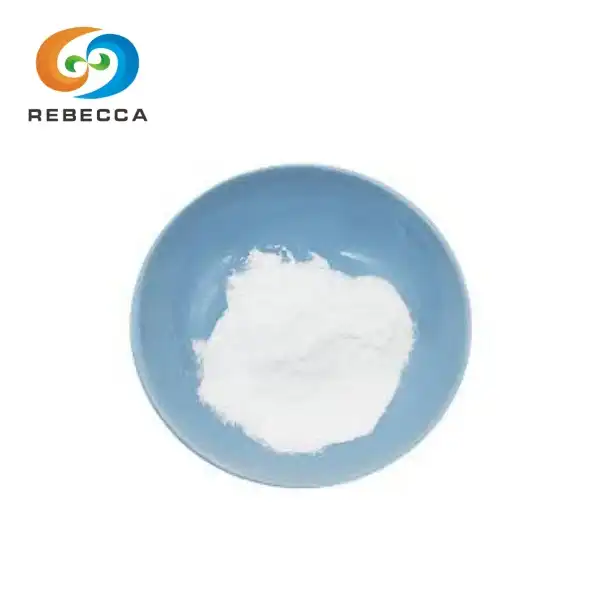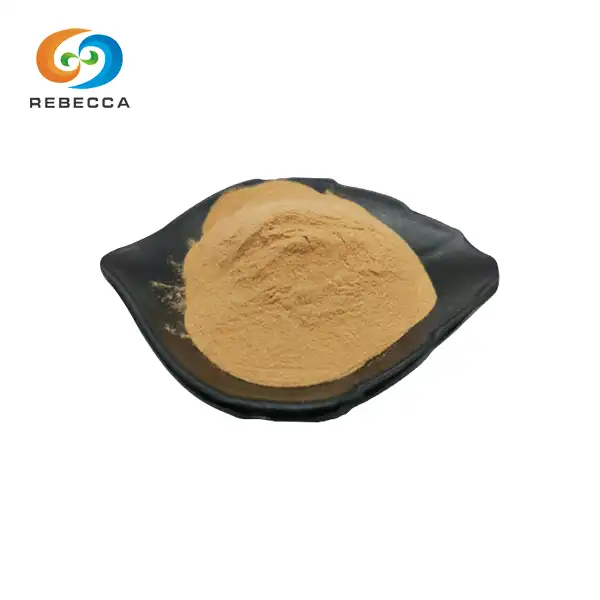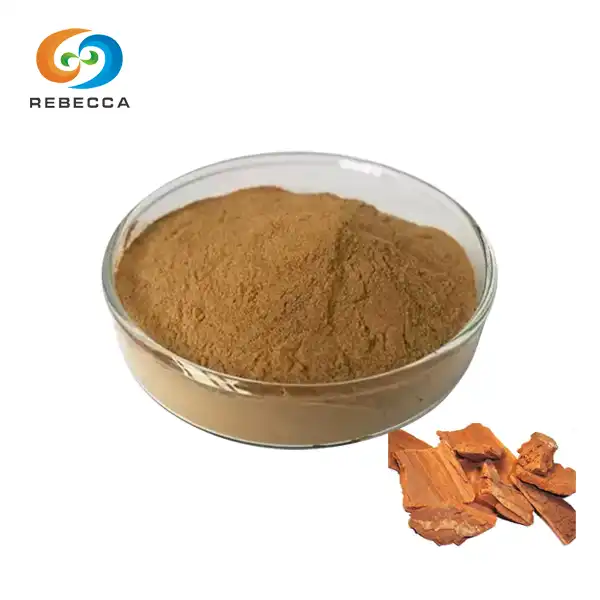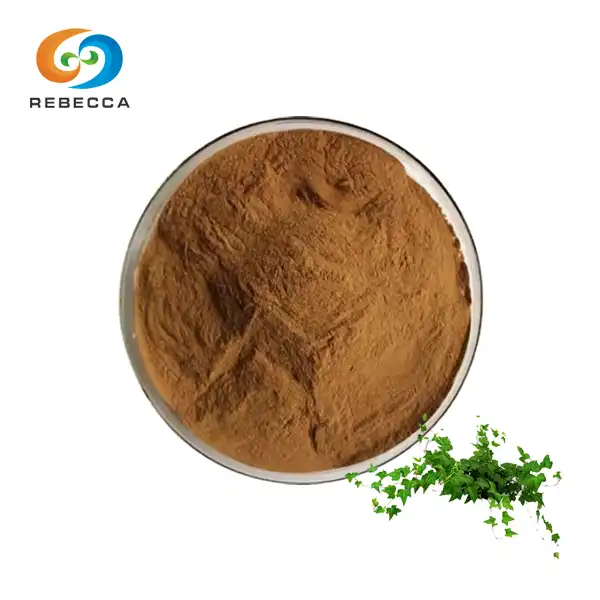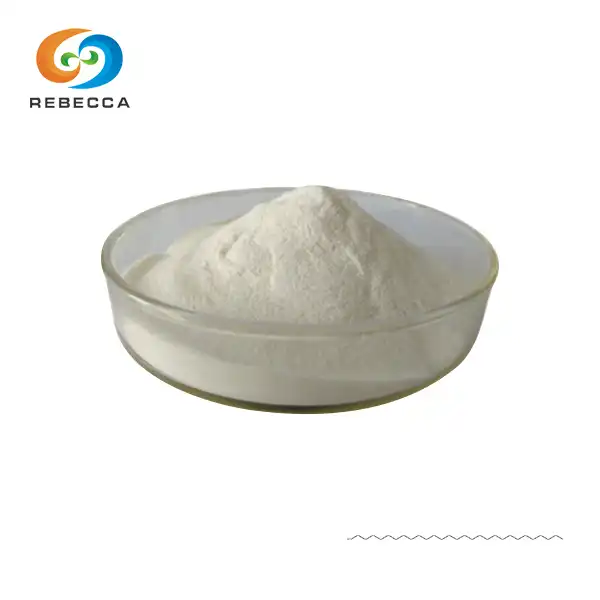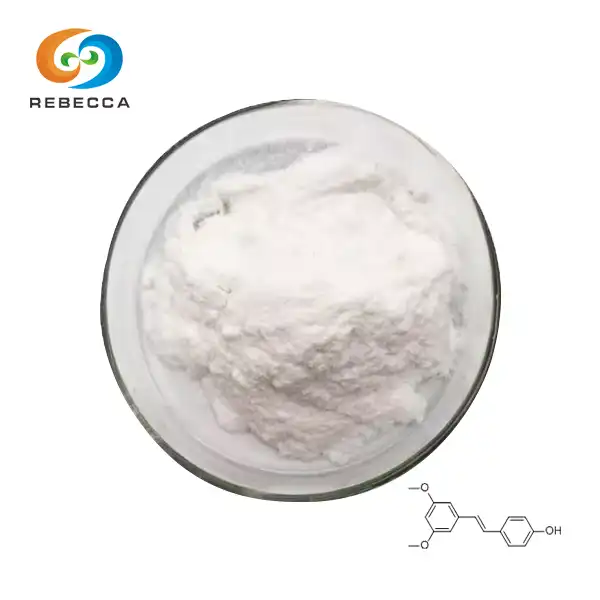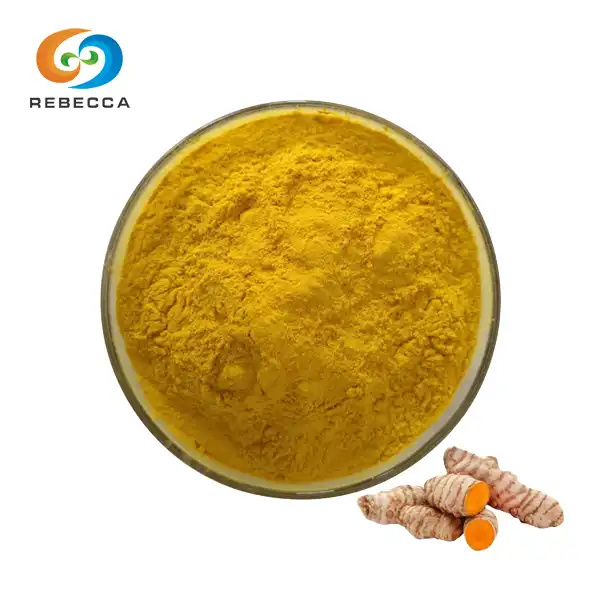How Piperine Powder Can Be Used as an Organic Insect Repellent in Farming?
As the agricultural industry continues to evolve, farmers are increasingly seeking organic and sustainable solutions to protect their crops from pests. One such solution that has gained traction in recent years is the use of piperine powder as an organic insect repellent. Derived from black pepper, piperine powder offers a natural and effective alternative to chemical pesticides. This article explores how piperine powder can be harnessed as an eco-friendly pest control method in farming.
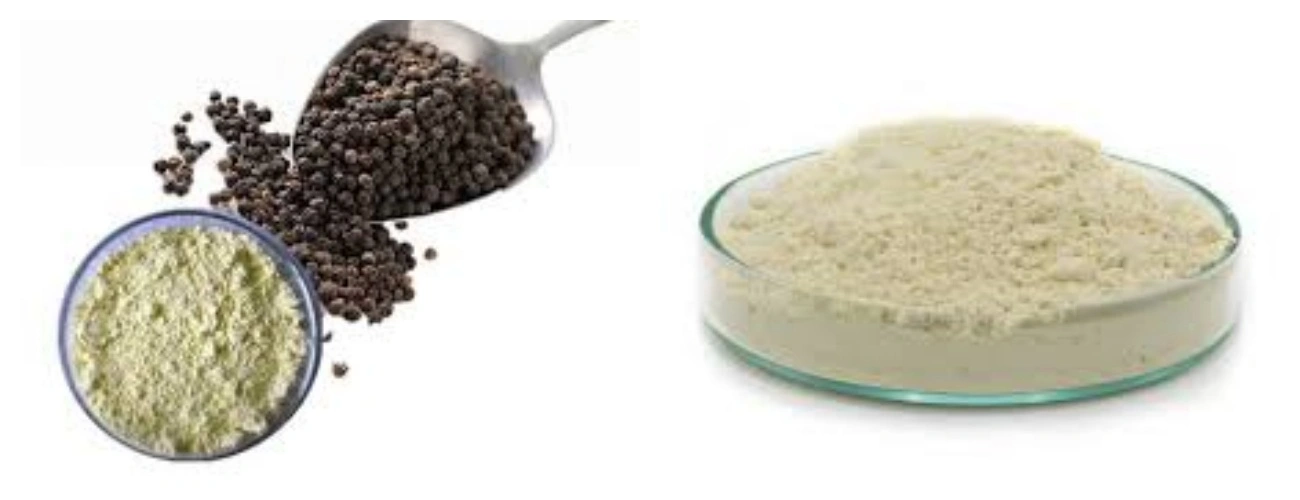
Why Piperine Powder is Effective Against Farm Pests?
Piperine, the primary alkaloid found in black pepper, possesses inherent properties that make it an excellent natural insecticide. Its efficacy against various agricultural pests stems from several factors:
- Repellent Properties: The strong odor of piperine serves as a natural deterrent for many insects. This pungent aroma keeps pests away, preventing them from approaching and infesting crops. Its ability to repel insects helps protect plants from damage and reduces the need for chemical pesticides.
- Neurotoxic Effects: Piperine has neurotoxic properties that affect the nervous systems of certain insects. By disrupting their normal bodily functions, it leads to the insects' paralysis or death. This neurotoxic effect makes piperine an effective natural pest control solution, reducing pest populations without harming the environment.
- Antifeedant Activity: When applied to crops, piperine acts as an antifeedant, reducing the appetite of pests. This discourages them from feeding on treated plants, helping to protect crops from damage and preventing further infestation.
- Ovicidal Action: Piperine has been shown to interfere with the reproductive behavior of some insect species, particularly by inhibiting egg-laying. This reduces the number of future pests, contributing to a long-term decline in pest populations and enhancing crop protection.
Research has demonstrated piperine's effectiveness against a wide range of agricultural pests, including aphids, whiteflies, thrips, and various beetles. Its broad-spectrum activity makes it a versatile tool in organic pest management strategies.

How to Apply Piperine Powder for Natural Pest Control?
Implementing piperine powder as an organic insect repellent requires careful consideration and proper application techniques. Here are some methods farmers can use to incorporate piperine powder into their pest management practices:
1. Foliar Spray Application: To create a foliar spray, mix piperine powder with water and add a small amount of organic soap to help the solution stick to the plant surface. Spray the mixture directly onto the foliage, ensuring thorough coverage. Reapply every 7-10 days or after rainfall to maintain effective pest control.
2. Soil Drench: Dissolve piperine powder in water and apply the solution to the soil around the base of plants. This method is effective for deterring soil-dwelling pests and may offer systemic protection, as plants absorb the solution, helping to prevent infestations from below ground.
3. Seed Treatment: Before planting, coat seeds with a mixture of piperine powder and an organic binder to ensure the powder adheres to the seeds. This treatment provides early protection against pests that target seedlings, reducing the risk of damage as plants establish.
4. Barrier Application: Sprinkle piperine powder directly onto the soil around crops or mix it into mulch materials to create a protective barrier. This application helps deter pests from approaching and feeding on the plants, offering a natural defense system without the use of harmful chemicals.
5. Companion Planting: Plant black pepper or other Piper species alongside crops to naturally repel pests. These plants release piperine-containing compounds into the environment, creating a deterrent that helps protect surrounding crops from pest damage.
When applying piperine powder, it's crucial to wear appropriate personal protective equipment, such as gloves and a mask, to avoid skin irritation or inhalation. Additionally, perform patch tests on a small area before widespread application to ensure crop compatibility and avoid phytotoxicity.

Benefits of Using Piperine Powder Over Chemical Repellents
The adoption of piperine powder as an organic insect repellent offers numerous advantages over conventional chemical pesticides:
- Environmental Safety: Piperine is biodegradable and does not persist in the environment, reducing the risk of soil and water contamination.
- Non-toxic to Beneficial Insects: Unlike many chemical pesticides, piperine powder has minimal impact on pollinators and natural predators of pest species, helping to maintain ecological balance.
- Reduced Pest Resistance: The complex nature of piperine's action makes it less likely for pests to develop resistance, ensuring long-term effectiveness.
- Residue-free Produce: Piperine breaks down quickly, leaving minimal residues on harvested crops, which is particularly important for organic certification and consumer safety.
- Cost-effective: While initial costs may be higher, the long-term benefits of using piperine powder can lead to reduced pest management expenses and improved crop yields.
- Versatility: Piperine powder can be used on a wide range of crops and against various pest species, making it a valuable tool in integrated pest management strategies.
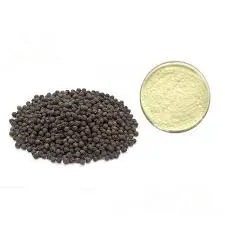
Conclusion
Piperine powder represents a promising organic solution for pest management in agriculture. Its effectiveness against a broad spectrum of insect pests, combined with its environmental benefits, makes it an attractive alternative to chemical pesticides. As the demand for organic produce continues to grow, the use of natural insect repellents like piperine powder is likely to become increasingly prevalent in farming practices.
For farmers interested in exploring the potential of piperine powder as an organic insect repellent, it's essential to consult with agricultural experts and conduct small-scale trials to determine the optimal application methods for specific crops and pest challenges. By embracing innovative, nature-derived solutions like piperine powder, the agricultural industry can move towards more sustainable and eco-friendly farming practices. For more information on piperine powder and other natural herbal extracts, please contact us at information@sxrebecca.com.
References
1. Kumar, S., et al. (2021). "Piperine: A potent natural compound with insecticidal properties for sustainable pest management." Journal of Pest Science, 94(4), 1165-1179.
2. Singh, R., & Kaur, N. (2020). "Evaluation of piperine as an eco-friendly alternative to synthetic pesticides in organic farming." Organic Agriculture, 10(2), 215-229.
3. Zhang, Y., et al. (2019). "Mechanisms of action and agricultural applications of piperine as a biopesticide." Pest Management Science, 75(11), 2891-2902.
4. Brown, A. E., & Simmonds, M. S. J. (2018). "The potential of piperine and other plant-derived compounds for sustainable crop protection." Crop Protection, 112, 320-331.
5. Rodríguez-Hernández, C., & Vendramim, J. D. (2022). "Piperine: A promising botanical insecticide for integrated pest management in agriculture." Frontiers in Plant Science, 13, 784596.
_1730691017423.webp)










